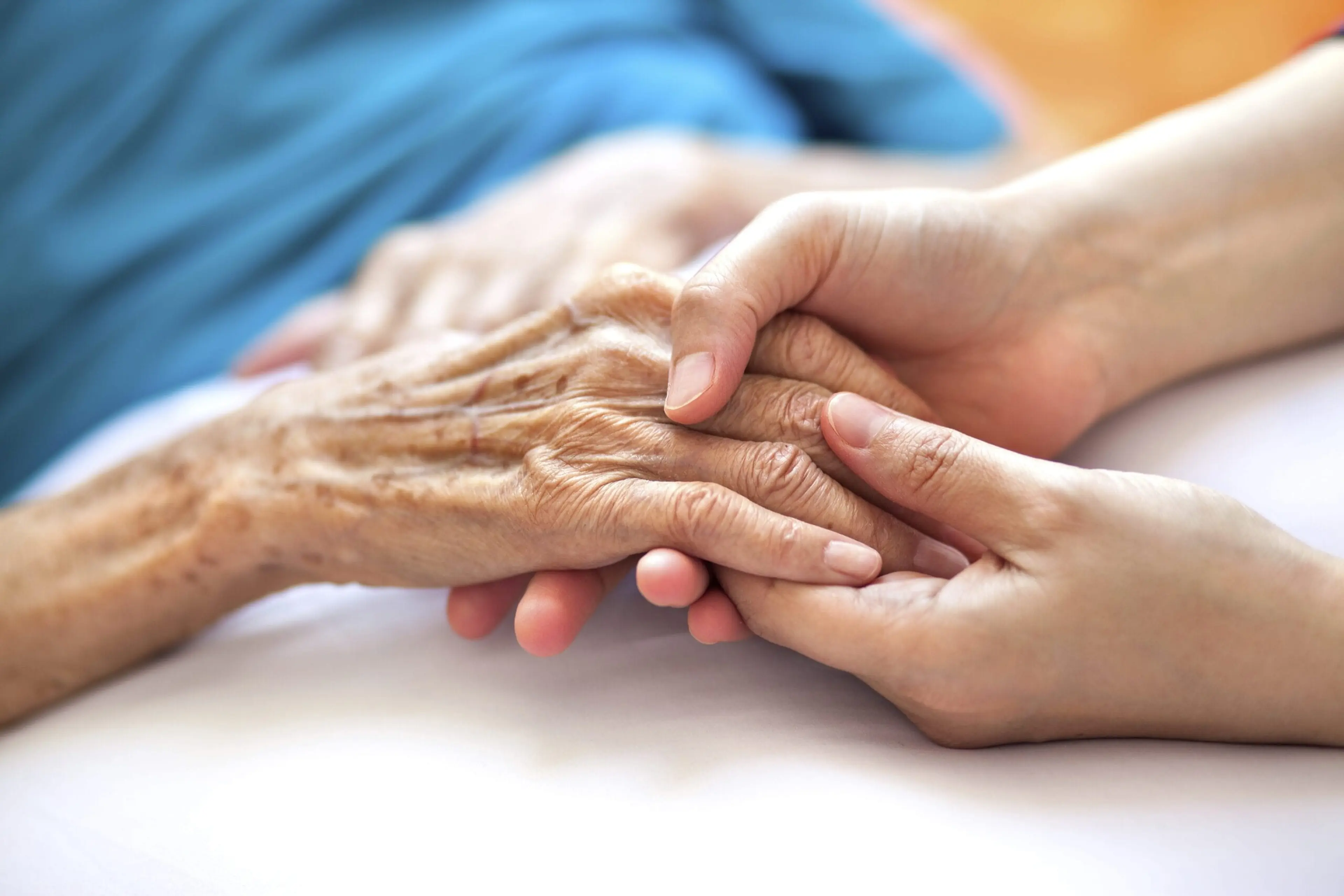As a primary caregiver for someone with disabilities or special needs, you know that the experience can be incredibly rewarding. It can also be incredibly draining. While the well-being of the care receiver is important, so too is your own health. When you want a short-term break from caring for an older adult, utilizing elderly respite care services could be the right choice for your unique situation.
Respite care differs from long-term care in that it offers family caregivers like you temporary relief from caregiving responsibilities while offering peace of mind that your loved one is well-cared for in a safe environment. You can use this time to take care of your own needs, such as taking a mental health break to avoid caregiver burnout or simply to run errands that you might not otherwise have time for.. We offer our short-term residents the same respect and care as our long-term residents, because all older adults and their families are welcome and valued here. Through our personalized approach to care and focus on holistic healing, we offer all individuals who enter our doors the dignity and care they need to recover and live life fully..
What to Look for in Respite Care Programs
Finding respite care will be much easier when you keep the following in mind.
Duration
Respite programs are short term in nature, but be sure to clarify with the program you are interested in just how short term their stays are. Be sure to ask whether the program allows for overnight stays or day-only stays.
Pricing
Respite care costs can vary wildly depending on several factors, including how long your loved one will be in the respite program and what payment methods the program accepts. Once you determine the length of your loved one’s stay, inquire about pricing and payment methods. Does the program accept insurance? If so, what kind? Private long-term care insurance plans? Medicare? Medicaid? Another kind of government-backed waiver?
Type of Respite Care Needed
Respite services look different depending on what your family needs. Someone living with Alzheimer’s disease will have vastly different needs compared to someone living with full mental acuity but limited mobility, for example.
Basic respite care options include the following:
- Caregiver Support Groups - These groups are less for your loved one and more for your own mental health. They allow you to lessen the feeling of being isolated and share your experiences as a family caregiver with others experiencing the same.
- In-Home Respite Care Services - There are plenty of options for respite care received in the comfort of your family member’s home. Home care agencies, for example, can offer in-home services including homecare services/homemaker services, which are ideal for individuals who need help with basic chores around the house. Home health aides can also visit the home if your family member requires personal care services like assistance with activities of daily living, including medication management and meal preparation.
- Adult Day Care Centers - These centers offer personal care services to older adults during the day, when their primary caregivers need to run errands or work.
- Overnight, Out-of-Home Care Options - When your aging relative needs overnight care, skilled nursing care, or rehabilitation services from licensed therapists, seeking respite services from a senior living community could be the right choice for your family. Many senior living communities offer short-term respite stays for older adults and offer a full range of personal and healthcare services to meet the needs of most individuals.
What is Caregiver Burnout?
Eventually, spending all your time and energy caring for an older loved one can cause a state of physical and emotional exhaustion called caregiver burnout. A cause of caregiver burnout is when individuals are so busy caring for others that they neglect their own needs. The demands of caring for your loved one while also keeping up with your everyday responsibilities of work, family, and relationships can take a toll and cause a state of burnout.
- Symptoms of Caregiver Burnout:
- Feeling hopeless or depressed
- Easily irritated or angry
- Changes in sleep habits
- Guilt for spending time on yourself
- A weakened immune system/ getting sick more often
- Changes in appetite, significant weight gain or loss
- Withdrawing from family & friends
- Apathy toward hobbies and activities you used to enjoy
- Caregiving role confusion
- A feeling of having a lack of control over your life
- Mental exhaustion and physical exhaustion
Respite Services at Monarch Communities
Monarch Communities are proud respite care providers
Contact us to learn more about the elderly respite care services we offer in our network.

